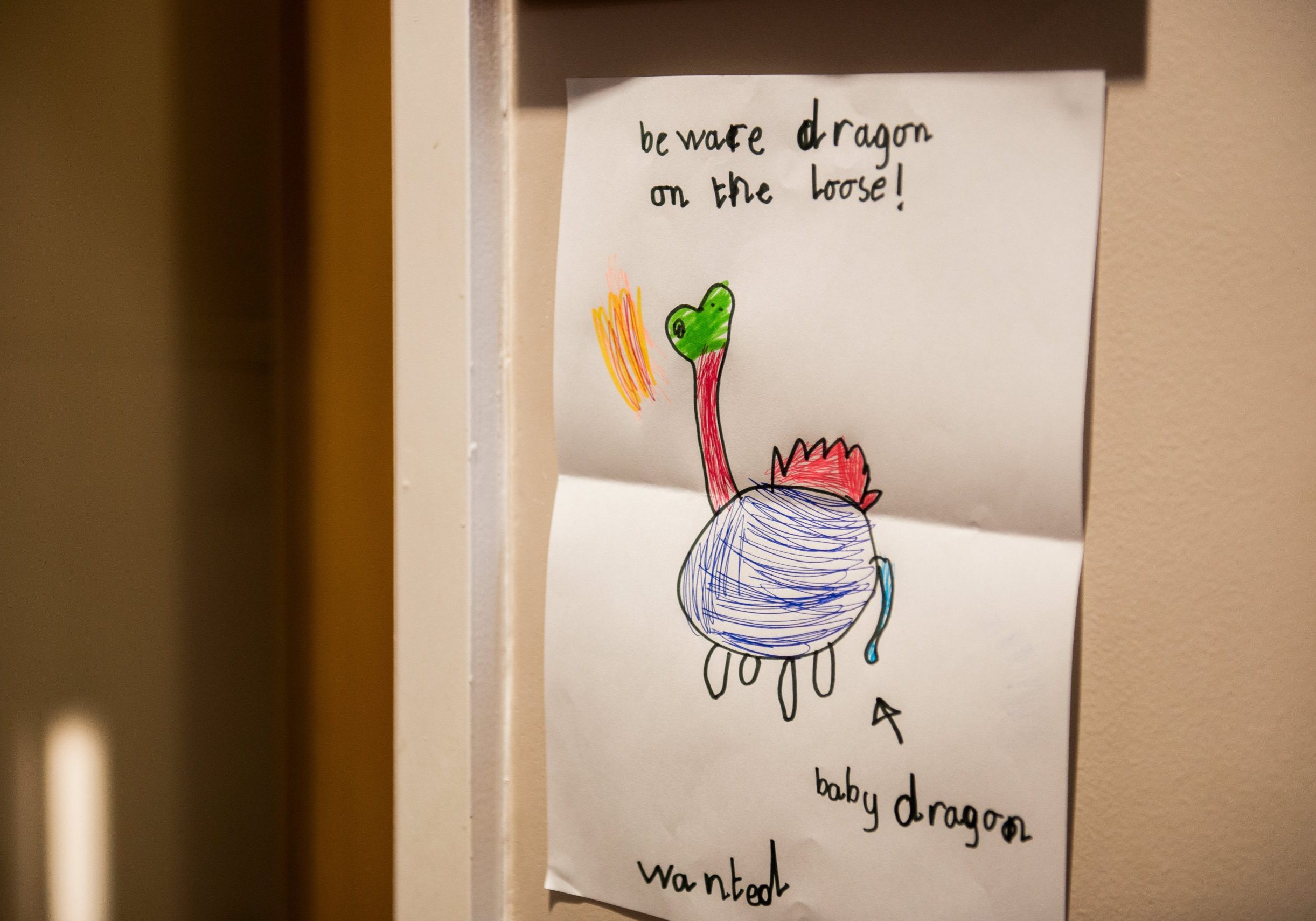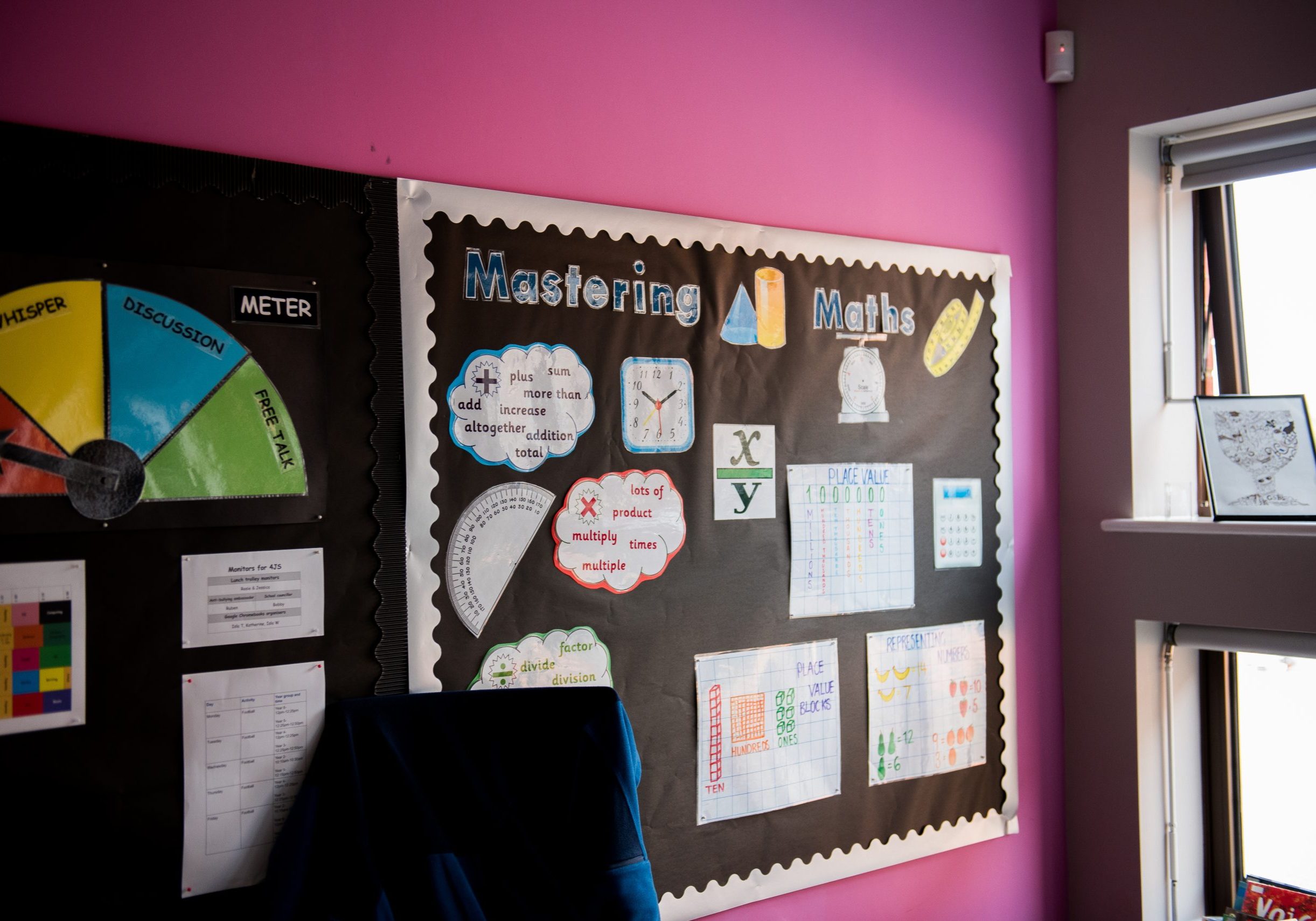In This Section
Maths
Our Intent
The overarching intent for Mathematics in the National
Curriculum (2014) is to equip pupils with the skills to:
- become fluent in the fundamentals of mathematics, including through varied and frequent practice with increasingly complex problems over time, so that pupils develop conceptual understanding and the ability to recall and apply knowledge rapidly and accurately
- reason mathematically by following a line of enquiry, conjecturing relationships and generalisations, and developing an argument, justification or proof using mathematical language
- solve problems by applying their mathematics to a variety of routine and non-routine problems with increasing sophistication, including breaking down problems into a series of simpler steps and persevering in seeking solutions


Our Way
At Henry Chichele, we believe in and follow a mastery approach to implementing our mathematics curriculum. This enables children to spend longer on a particular concept in order to secure their understanding before moving on.
The structure of the maths curriculum in each year group can be found below. These documents show the long term plan for the year and give the name of the unit being studied in each week of the term. These may be slightly adapted according to the need of the children in each year group or class.
What is covered within the units in each year group?
The documents below show the content of each unit in more detail by showing the small steps that are built up over the time the unit is taught.
Autumn
Spring
Summer
What does progression look like within the curriculum through the year groups?
Each area of the mathematics curriculum has clear progression that is built on year on year in order for the children to build their conceptual knowledge in each area. See the file below for further detail on the progression within each strand of the curriculum.
Would you like to know more?
Please contact our Maths Lead, Mrs Lathall through our school office or by using the contact form.








